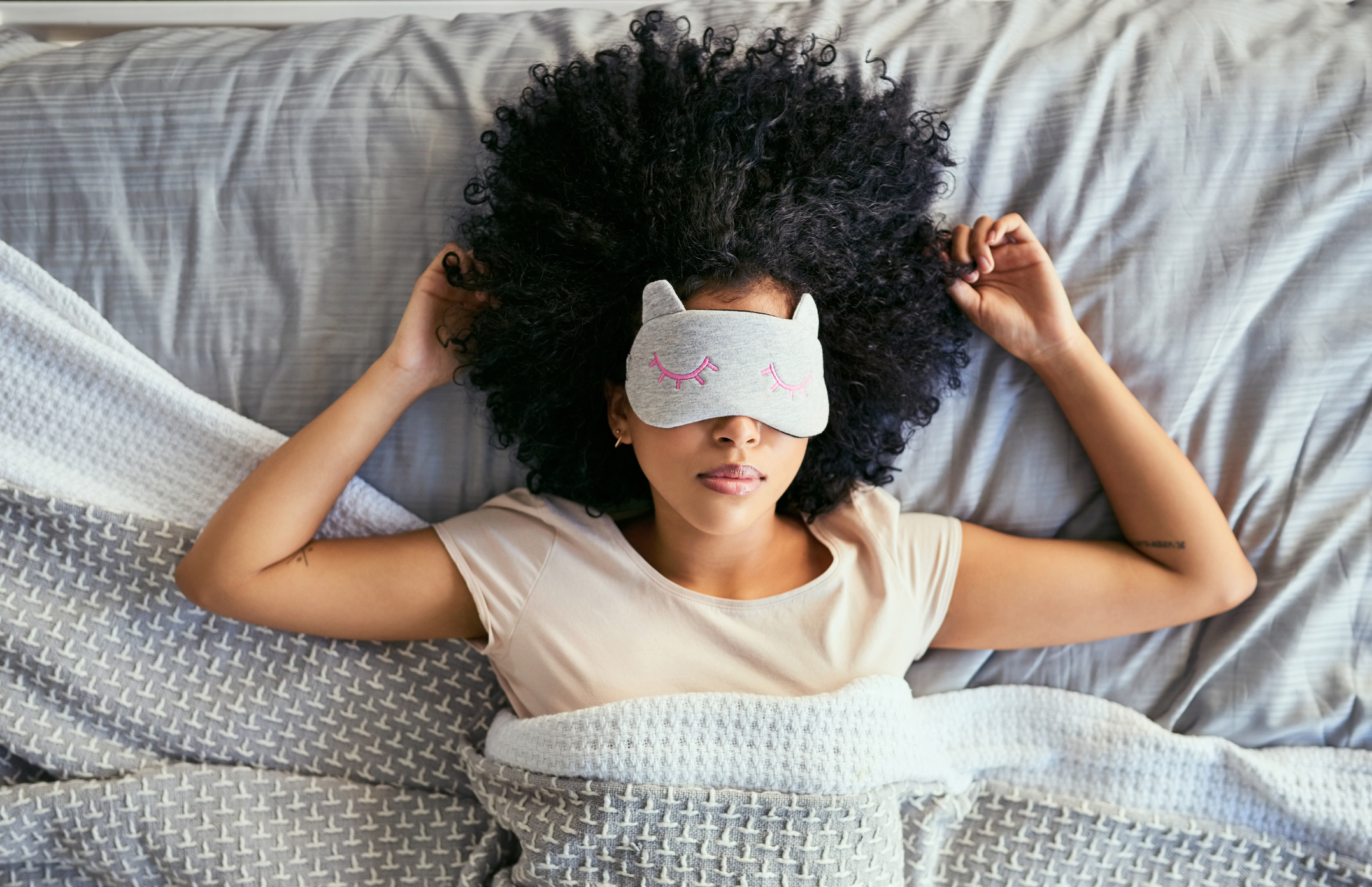Here’s How SleepScore Technology Works

So, you’ve downloaded your free SleepScore app, and have started tracking your first few nights of sleep. It’s hard to believe that using just your smartphone can result in an accurate picture of your nightly sleep patterns, down to how long you’re in deep sleep, light sleep, REM, and how many times you woke up. If you’re still feeling a little hazy as to exactly how to technology works, we understand. Let’s dive in!
Think like a bat
When you place your phone on your nightstand and start tracking your sleep, SleepScore uses your smartphone’s speakers and microphone in a very cool way. Remember as a kid when you learned about bats and how they use sonar to hunt? Essentially, they make a noise and send sound waves into the environment around them. Those sound waves reflect off nearby objects, and some of them reflect back to the bats. This tells them where their prey is, even on the darkest of nights. Our app utilizes these same principles! The SleepScore app, powered by ResMed technology, uses your phone’s speakers to send out a silent signal throughout your bedroom, and those reflected waves are received back into the microphone. Pretty cool! But how does that translate into knowing what stage of sleep you’re in throughout the night?
Not only is the app sending sonar signals to sense your body movement; it also captures your breathing rate. Our advanced algorithm interprets both of these signals and deciphers your journey through the sleep stages at night.
How do we compare?
There are a lot of other sleep tracking apps out there that claim to produce an accurate picture of your sleep. Most apps use accelerometer technology (think FitBit or other smartwatches) or your smartphone’s microphone alone to measure your sleep. The problem with these methods is they can only detect movement, and often do so inaccurately. SleepScore on the other hand, assesses both movement and breathing rate to get the most complete picture of your sleep.
SleepScore is powered by ResMed technology, something for which we are proud. ResMed spent over twelve years and analyzed more than 6 million nights of sleep to develop the algorithms that take these two signals to accurately measure your sleep.
Want to learn more about the accuracy of SleepScore, how it compares to SleepScore Max, or other details about what happens when you start tracking using SleepScore? Check out more of our articles!